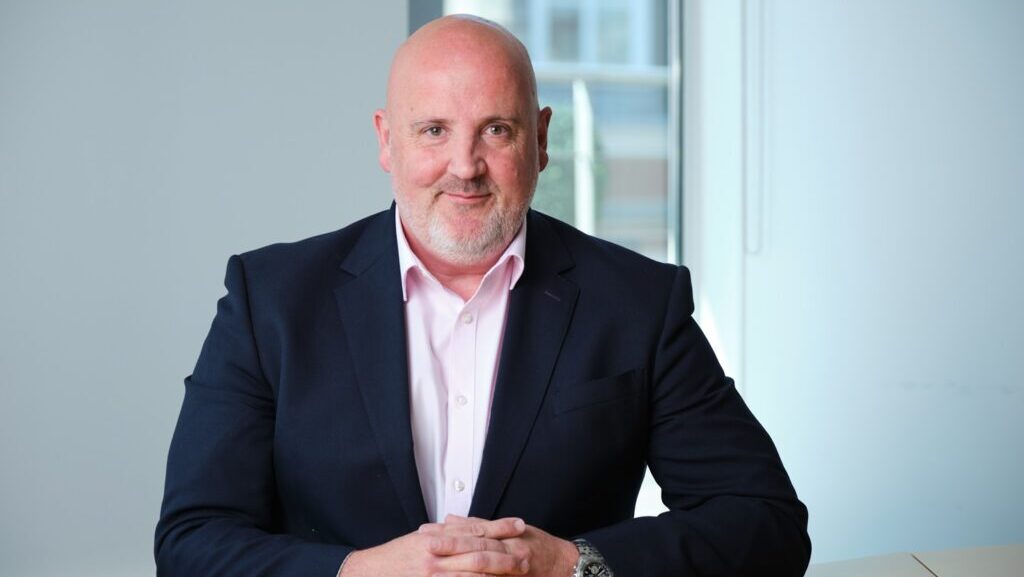Parents of children with special educational needs and disabilities (SEND) report a significant increase in difficulty when it comes to…
Most parents against early years ratio increase

The vast majority of parents do not support the government’s decision to increase staff: child ratios in nurseries, according to new research.
A survey carried out by charity Pregnant Then Screwed found that 98% of parents do not support increasing the number of two-year-olds that can be looked after by one practitioner.
Staff: child ratios in nurseries went up from 1:4 to 1:5 for two-year-olds this month. The change is optional, and nurseries can continue operating at 1:4 if they prefer.
The survey, which polled 5,141 parents, found 38% said their main concern with increased ratios was the negative impact on the quality of childcare. For 15% of parents the main concern was the pressure on the early years workforce.
Lauren Fabianski, head of campaigns and communications for Pregnant Then Screwed, said: “The decision to increase ratios in nurseries shows just how out of touch the government is with childcare in Britain. This is not a solution to years of systemic underfunding. All that changing ratios will achieve is increasing stress levels in a sector that is already struggling to hire and retain its staff, and it could compromise the quality of care that children receive. We need the government to listen to parents, nursery workers and early years specialists and get childcare right.”
Neil Leitch, chief executive of the Early Years Alliance, said: “The fact that 98% parents are opposed to ratio changes once again proves that the government’s decision to implement these plans are entirely nonsensical. We know that the only thing ratio changes will achieve is a worsening of quality and a compromise to safety. Why then, when both providers and families are clearly opposed has the government decided to charge ahead regardless?”
He added: “What’s more, our own research shows that most providers will not even implement changes, showing this policy has been a complete waste of time and money.”
Latest News
Tops Day Nurseries has refreshed its identity with a full brand makeover, including a modernised logo.
Specialist business property adviser Christie & Co has seen a 62.5% increase in day nursery deals in the first half…




